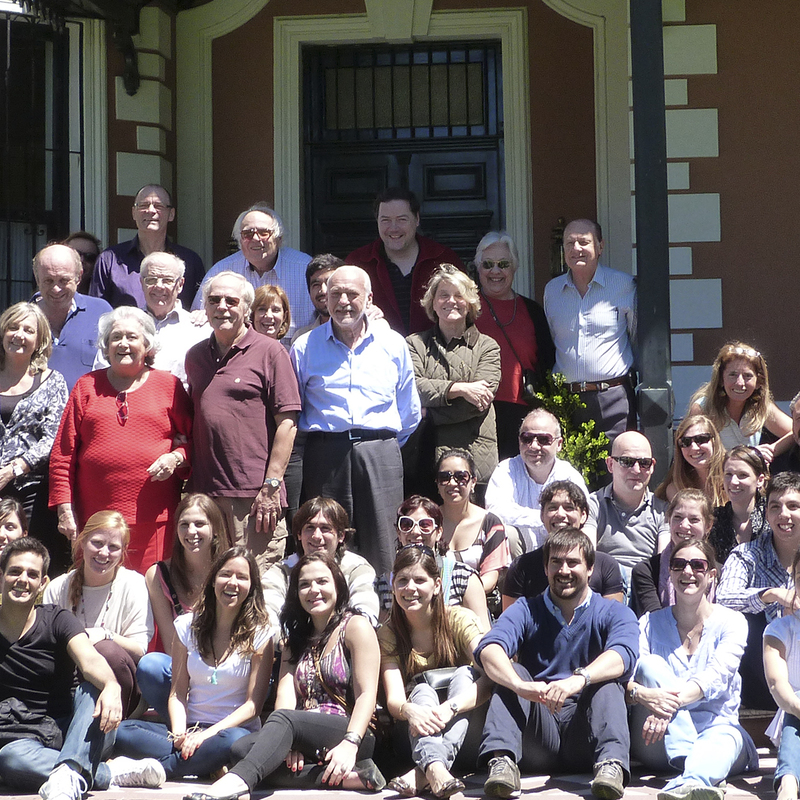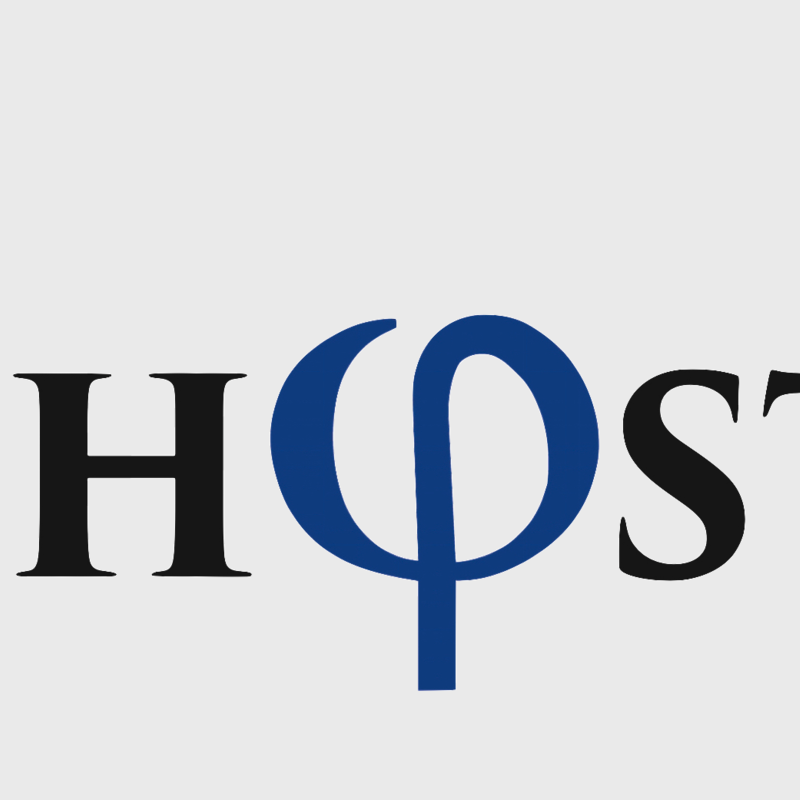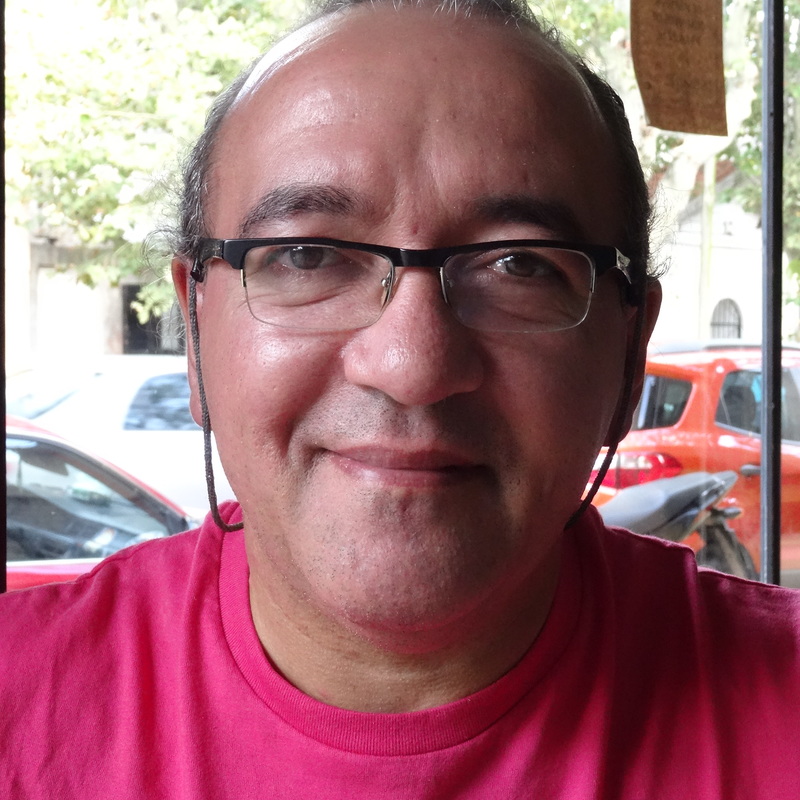Search
JOSHA Table of Contents - Volume 3 Issue 2
DOI: 10.17160/josha.3.2.188
The current issue of the Journal of Science, Humanities and Arts brings us eight novel contributions to the scientific, humanities, and arts fields. Herein we cover the cultural celebration of the International Women’s Day, the importance of pharmaceutical patents, the highlights from the international conference in philosophy and cancer, the annual announcement of the IMBS application openings, the work of the great artist Anja Vollmer, and the update on the discoveries made by Victor Boleslaw Wicherkiewicz on innovative surgical and the conservative treatments of ocular diseases. We are confident that this issue will add relevant information to the scientific, humanities, and arts communities. Overall, we expect this volume to be filled with worth-spreading scientific discoveries, discussion-worth humanities issues, and inspiring art contributions.
The innovative surgical and the conservative treatments of ocular diseases by Victor Boleslaw Wicherkiewicz (1847-1915)*
DOI: 10.17160/josha.3.2.122
Background: To call attention to the surgical procedures by Boleslaw Wicherkiewicz. Methods: Evaluation of Wicherkiewiczof important publications which were published in German journals. Results: Victor Boleslaw Wicherkiewiczsl published about 300 papers in several languages, mainly in Polish and German. His innovative surgical methods were concerned with several ocular diseases, such as trichiasis, distichiasis, ectropion, lid replacement, free skin transplantation, corneal staphyloma, lid coloboma, eye muscle -, and cataract surgery. His conservative treatments were concerned with corneal diseases, and glaucoma. In addition, he studied the effect of Cocaine on the eyes. He reported on congenital ectropium uveae, and on bilateral anophthalmus. In addition, Wicherkiewicz described a bilateral epibulbar dermoid combined with auricular anomalies that was later called Goldenhar syndrome.
IMBS Winter School, Freiburg September 2016 - January 2017
DOI: 10.17160/josha.3.2.117
The University of Freiburg offers The Winter School in Biomedical Sciences, which is a 5 months program. The students will receive a Diploma of Advanced Studies in Biomedical Sciences (DAS) upon successfully completing the program, consisting of 30 Credit Points in the European Credit Transfer System (ECTS). This international program is designed as an intensive time of studies and research with a specific and practical training that qualifies for success in academia or the private sector. The modules focus on the following topics: Pharmacology and Toxicology, Materials and Microsystems, Molecular Medicine, Immunology, Pathology, Molecular Oncology, Genetics of Disease and Cancer, Molecular and Cellular Biology, Statistical Bioinformatics and Bioethics. Participants are encouraged to choose a personal research project which involves experimental work, data analysis and a scientific research publication.
IMBS Class 2017-19 Application Now Open
DOI: 10.17160/josha.3.2.109
The International Master in Biomedical Sciences (IMBS) is pleased to announce that the application for the class 2017-2019 is now open. The IMBS program was established in 2008 as a joint program between the School of Medicine of Albert-Ludwigs-University of Freiburg (ALU), Germany, and the Schools of Medicine and Pharmacy and Biochemistry of the University of Buenos Aires (UBA), Argentina. The aim of this program is to train prospective researchers in scientific knowledge and state-of-the-art experimental experience in current and emerging biomedical research areas with a focus on translational research and development. It is also meant to foster teaching and research cooperation between the two Universities and to contribute to the cultural exchange on the master, PhD, and academic levels.
International Conference PHILOSOPHY AND CANCER (IHPST Paris) April 28,2016
DOI: 10.17160/josha.3.2.106
International Conference PHILOSOPHY AND CANCER APRIL 28TH, 2016 Institute for the History and Philosophy of Science and Technology (IHPST) 13 rue du Four 75006 Paris Second Floor, conference room 9:30 – 18:00 Organized by Lucie Laplane (CNRS IHPST & UMR 1170) and Thomas Pradeu (CNRS & University of Bordeaux). Funded by IHPST, University Paris I Panthéon-Sorbonne (BQR), and University of Bordeaux (IDEX Chair Thomas Pradeu) This timely and important international conference on Philosophy and Cancer addresses novel concepts of understanding cancer and cancer treatment. Stimulating communication and interaction between scientists, doctors and philosophers should contribute to identify priorities and innovative concepts for further research. In the attached pdf you will find the program and the abstracts of all contributions.
International Patent Regimes and Access to Medicines: Is the Health Impact Fund an Effective Solution?
DOI: 10.17160/josha.3.2.105
Patents are currently the most common mechanism to stimulate pharmaceutical innovation. They are considered an efficient allocation mechanism and a system in which fewer resources are squandered. Patents are of importance for pharmaceutical companies, since innovation is expensive with developing costs per new drug at more than 2 billion U.S. Dollars. In 1995, members of the World Trade Organization (WTO) signed the agreement on Trade Related Aspects of Intellectual Property Rights (TRIPS) to standardize patent rights in an international context. The trade agreement entails strict patent protection laws, i.e. a market exclusivity for patented drug over a period of at least 20 years. One of the main incentives to design the TRIPS agreement was to create a reward mechanism for pharmaceutical companies in order to recover costs, to make profits and importantly, to promote research and development (R&D) for diseases that affect developing nations.
JOSHA - Table of Contents Volume 3 Issue 1
DOI: 10.17160/josha.3.1.103
The JOSHA editors are happy to launch the first issue of volume 3. The editors are especially thrilled to present the paper “Cancer: Modeling evolution and natural selection, the “Mitosis Game” by Roland Mertelsmann and Maximilian Georg. As stated in the title, this paper presents a computer game that depicts the cellular evolution for oncogenesis and the clinical course of malignant disease. The authors have designed a tool to both to better understand and to facilitate studying evolution in silico. The conceptual framework of the game is based on ten key intrinsic parameters of cells, which the authors call “The Hallmarks of Evolution”. Furthermore, Dieter Schmidt offers a very interesting historical account of “giant cell arteritis”. In his article “Schläfenarterienentzündung mir Erblindung: Berichte über Zeichen einer Arteriitis temporalis im 18.
Cancer: Modeling evolution and natural selection, the „Mitosis Game“
DOI: 10.17160/josha.3.1.100
We have previously analyzed and discussed the importance of cellular evolution for oncogenesis and the clinical course of malignant disease. In view of the complexity of the genetic phenomena and the effects of environment and chance, we have designed a tool to both, better understand and to facilitate studying evolution in silico. After review of the literature and of evolutionary algorithms (see Reading List in pdf document) we have developed a conceptual framework for describing, understanding and modeling evolutionary processes. As a result, we have identified ten key intrinsic parameters of cells, which we would like to call “The Hallmarks of Evolution”.
Brief history of the German-Argentine Academic and Scientific Cooperation and the Future of Science
DOI: 10.17160/josha.3.1.95
In this article the history of German-Argentine collaboration is discussed as well as implications for the future of science in general. Rubén Alejandro Villaverde is the Founding President of the Centro de Observaciones Astronómicas de Mar del Plata, COAM, where he has pursued astronomical research for more than 20 years. His research encompasses various astronomical topics such as black holes, white holes and the supersymetrical universum as well as philosophical concepts, the“Filosofía Cuántica Comparativa” which combines traditional philosophy and quantum physics. Villaverde has contributed to more than 700 Conferences and Seminars at the Universidad Nacional de Mar Plata and the Universidad de Belgrano in Buenos Aires, Argentina.
DEMOCRACY AND POLITICAL LEGITIMACY: IS DEMOCRACY A NECESSARY CONDITION FOR POLITICAL LEGITIMACY?
DOI: 10.17160/josha.3.1.94
The article argues that democracy is not a necessary condition for political legitimacy. Principle of equal-consideration does not provide a solid foundation of having a democratic decision-making procedure for political determinative projects. The paper suggests we evaluate the political instruments in terms of their exclusionary effect so that a more meaningful discussion could be held. The result of that evaluation shows that the notion of political legitimacy may be relativistic to a particular historical point of time, and thus, whether a political entity is legitimate or not is not depended on the form of the entity in question itself.
.jpg?1463749486)




.JPG?1461318220)
.jpg?1458079579)


.jpg?1455103014)